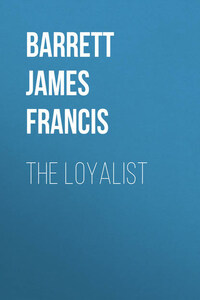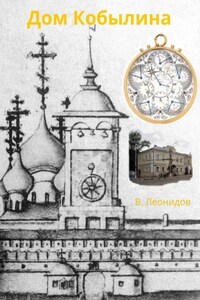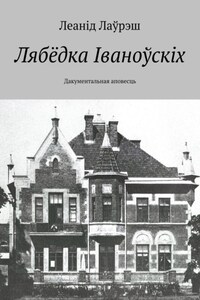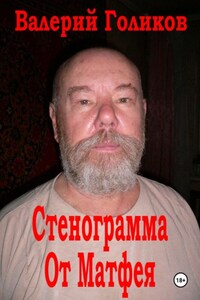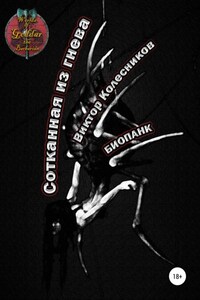"Please continue, Peggy. You were telling me who were there and what they wore. Oh, dear! I am so sorry mother would not give me leave to go. Was it all too gay?"
"It was wonderful!" was the deliberate reply. "We might have danced till now had not Washington planned that sudden attack. We had to leave then, – that was early this morning, – and I spent the day abed."
It was now well into the evening and the two girls had been seated for the longest time, it seemed, on the small sofa which flanked the east wall of the parlor. The dusk, which had begun to grow thick and fast when Marjorie had come to visit Peggy, was now quite absorbed into darkness; still the girls had not lighted the candles, choosing to remain in the dark until the story of the wonderful experience of the preceding day had been entirely related.
The grand pageant and mock tournament, the celebrated Mischienza, arranged in honor of General Howe, who had resigned his office as Commander-in-chief of His Majesty's forces in America to return to England, there to defend himself against his enemies in person, as General Burgoyne was now doing from his seat in Parliament, was an event long to be remembered not alone from the extravagance of its display, but from the peculiar prominence it afforded the foremost families of the city, particularly that of the Shippens.
Edward Shippen was a gentleman of rank, of character, of fortune, a member of one of the oldest and most respected families in the city of Philadelphia, whose ancestor, of the same name, had been Mayor of the city nigh an hundred years before. He belonged to the Society of Friends, or Quakers, and while he took no active interest on either side during the years of the war, still he was generally regarded as one of the sympathizers of the Crown. Because of the social eminence which the family enjoyed and the brilliance and genial hospitality which distinguished their affairs, the Shippens were considered the undisputed leaders of the social set of Philadelphia. The three lovely Misses Shippen were the belles of the more aristocratic class. They were toasted frequently by the gay English officers during the days of the British occupation, for their father's house was often the rendezvous of the titled celebrities of the day.
"And was your Captain there, too?" continued Marjorie, referring, of course, to Captain Monstresor, the engineer of the undertaking, an erstwhile admirer of Mistress Peggy.
"You must know, my dear, that he arranged the spectacle. I saw little of him until the dance. In truth, he seemed more popular than General Howe himself."
Marjorie sat up.
"Tell me! Did the tournament begin the program?"
"No!" replied Peggy. "The military procession of boats and barges with Lords Howe and Rawdon, General Howe and General Clinton, opened the event in the late morning, sailing up the river to the Wharton House, the scene of the tournament."
Marjorie nodded.
"The noise of the guns was deafening. When the flotilla arrived at Walnut Grove, which was lined with troops and bedecked brilliantly with flags and bunting, the pageant opened."
"Where were you in the meantime?" asked Marjorie, careful to lose no detail.
"We were seated in the pavilions, – seven ladies in each, – clothed in Turkish garments, each wearing in her turban the favor to be bestowed on her victorious knight."
"And who was your knight?"
